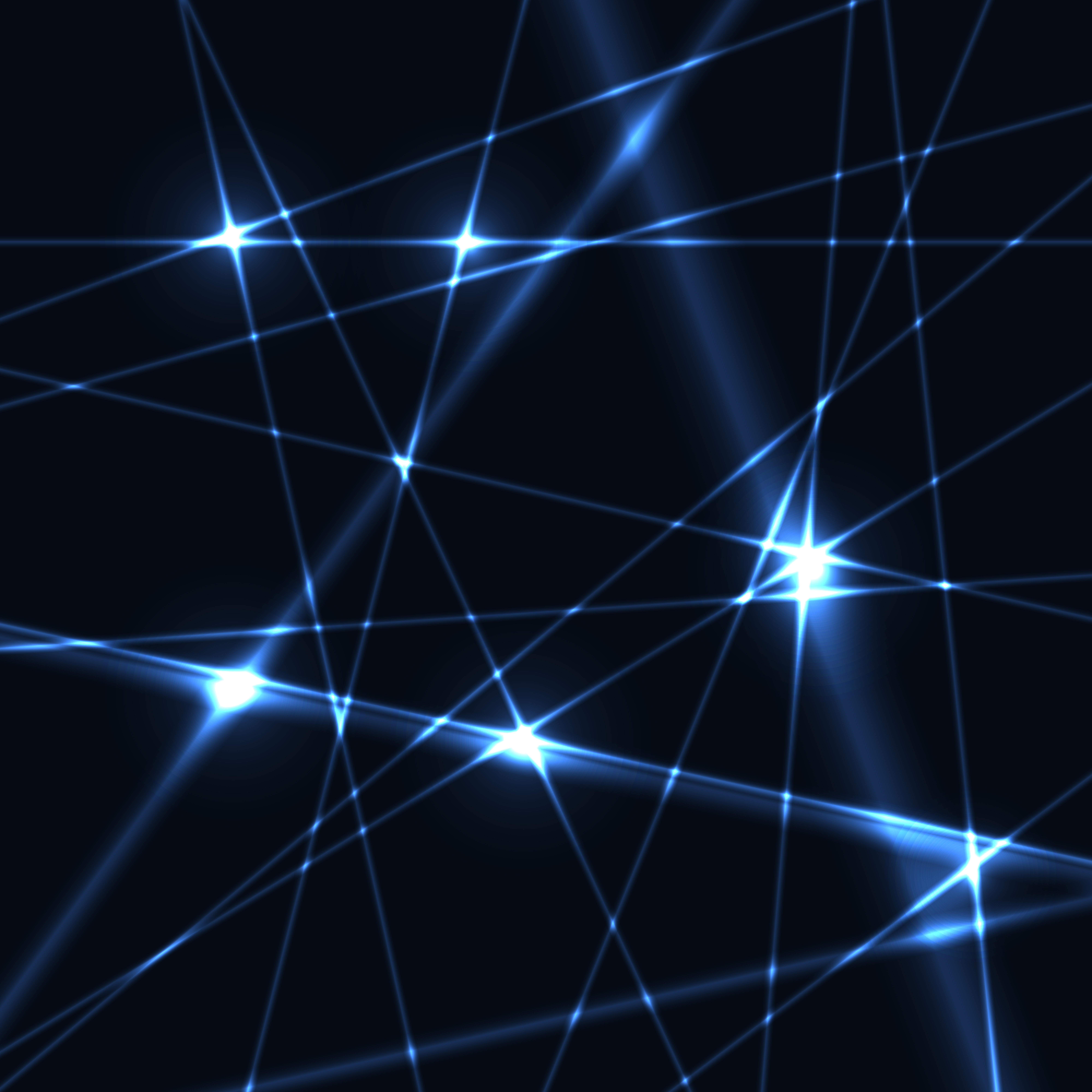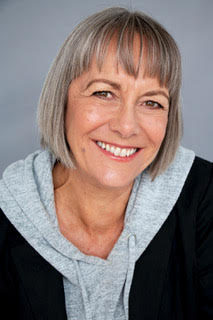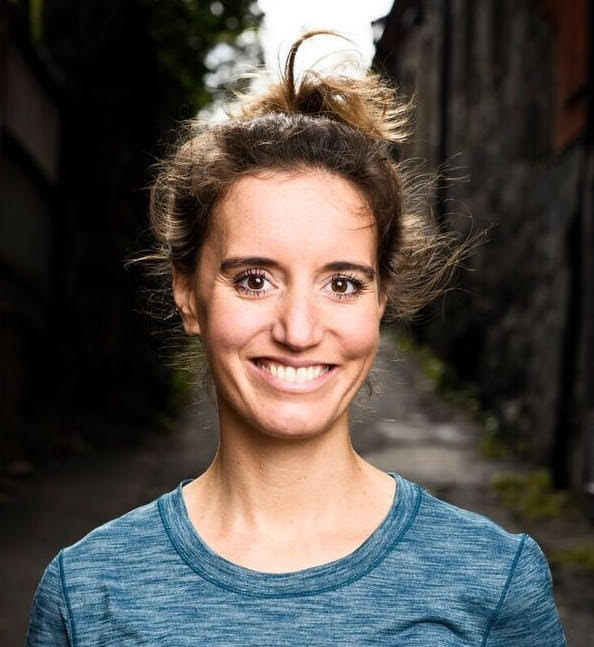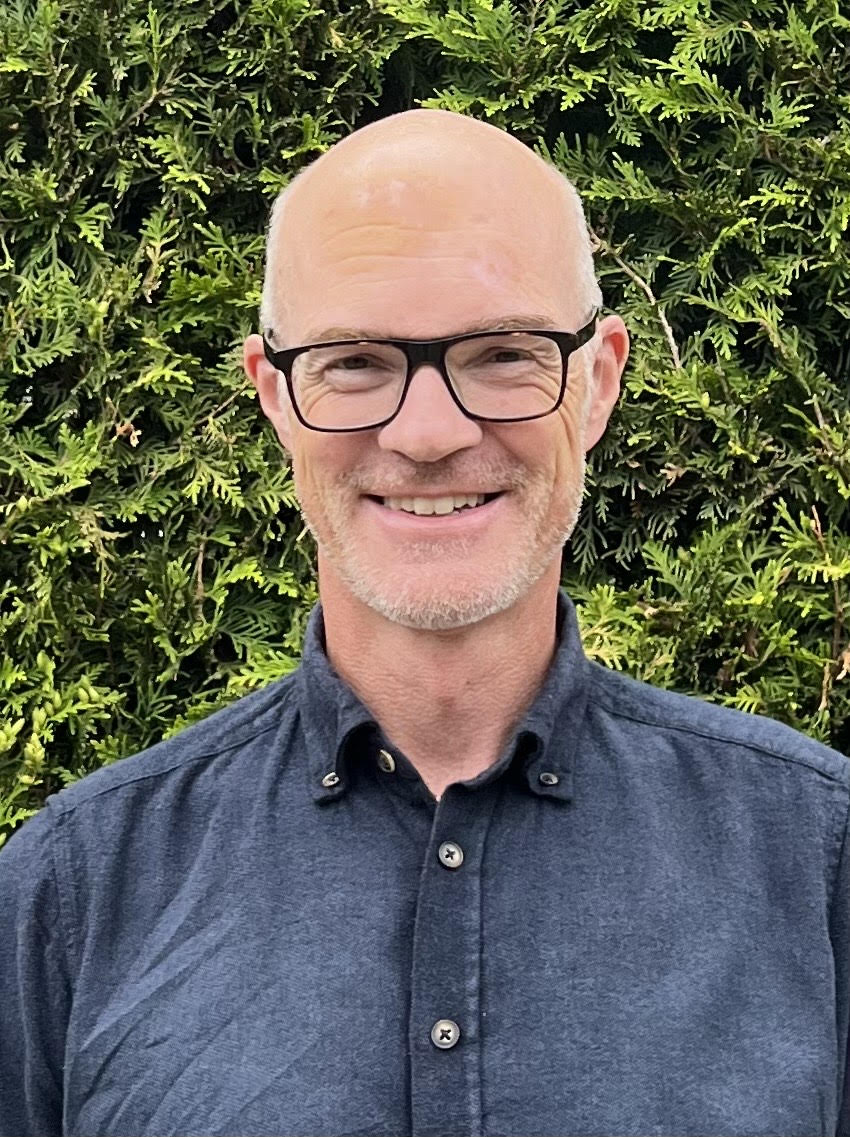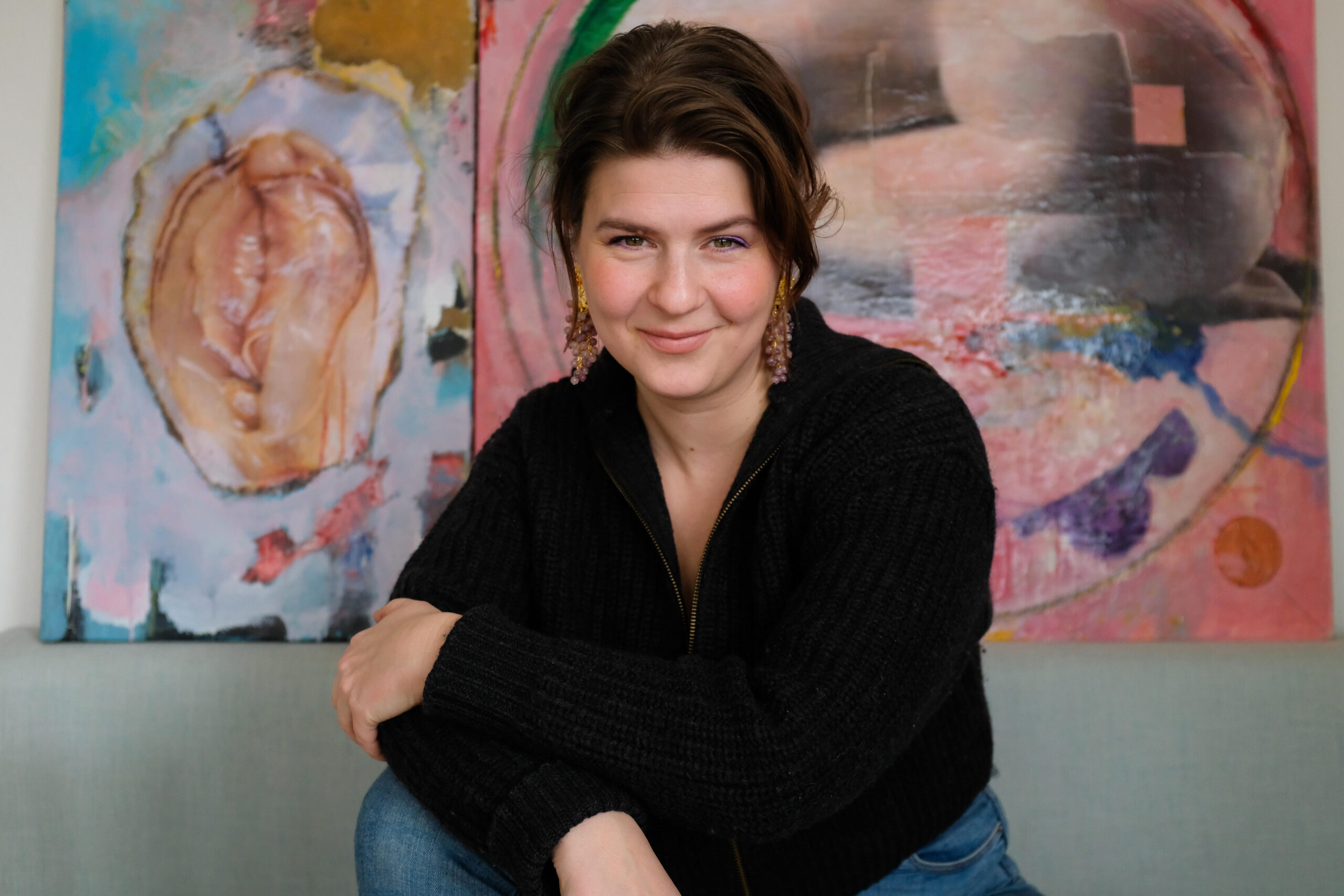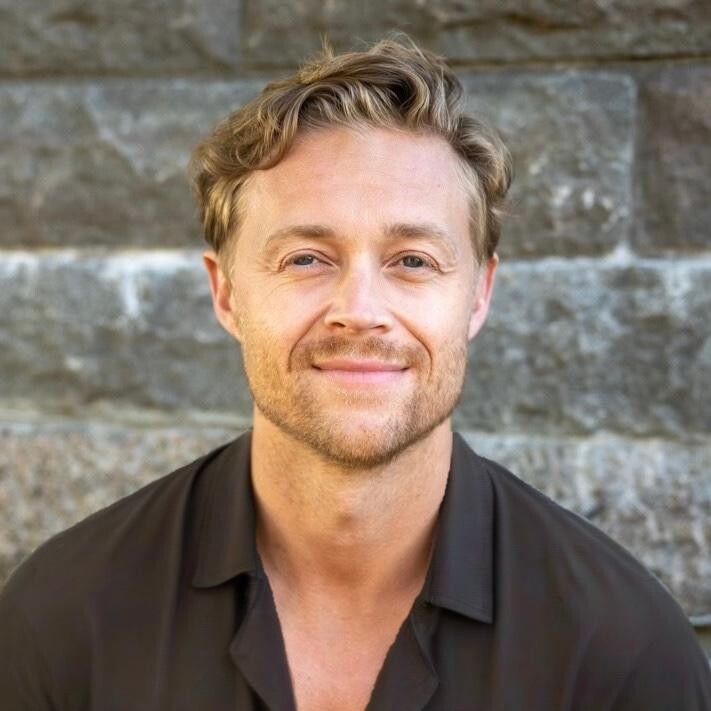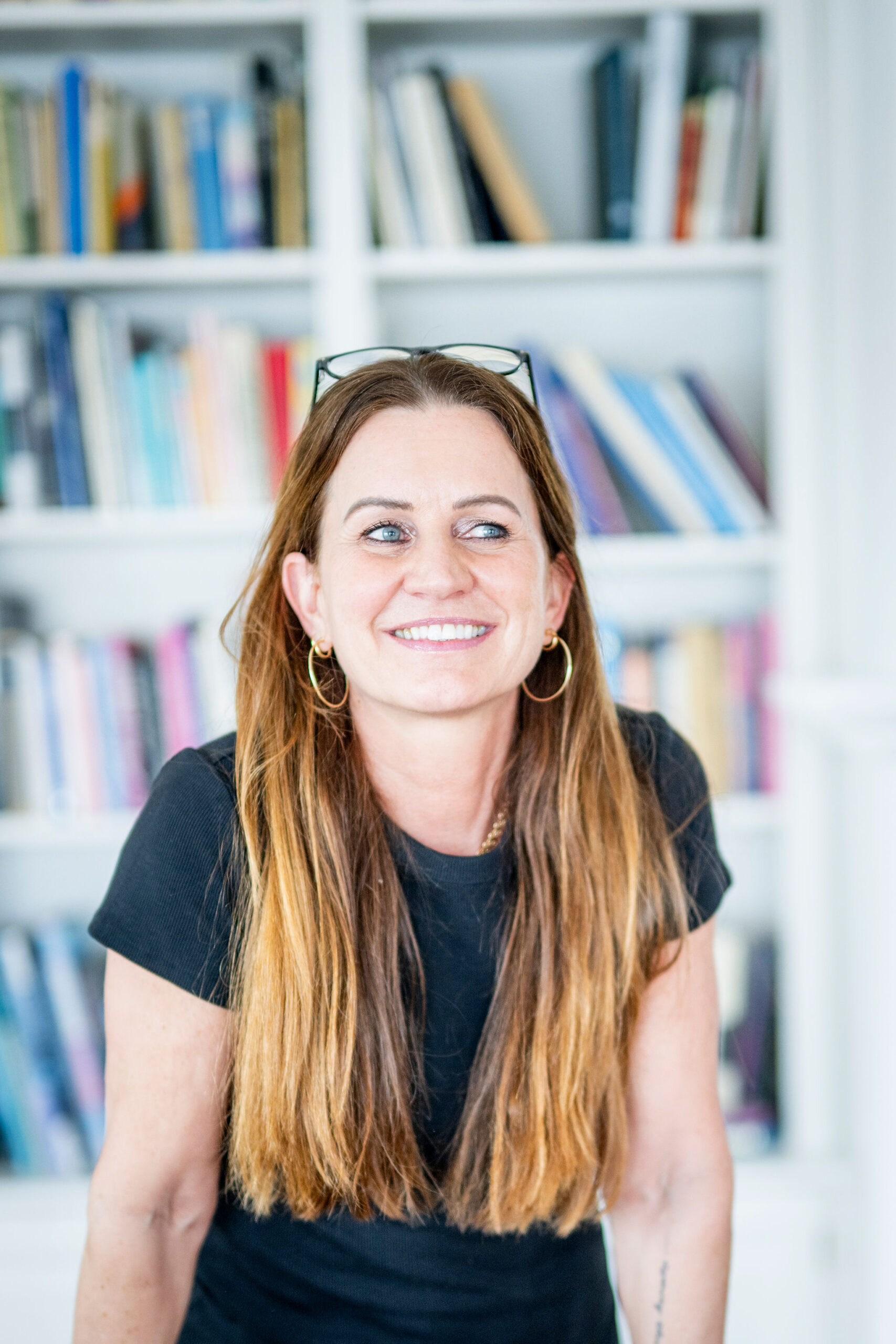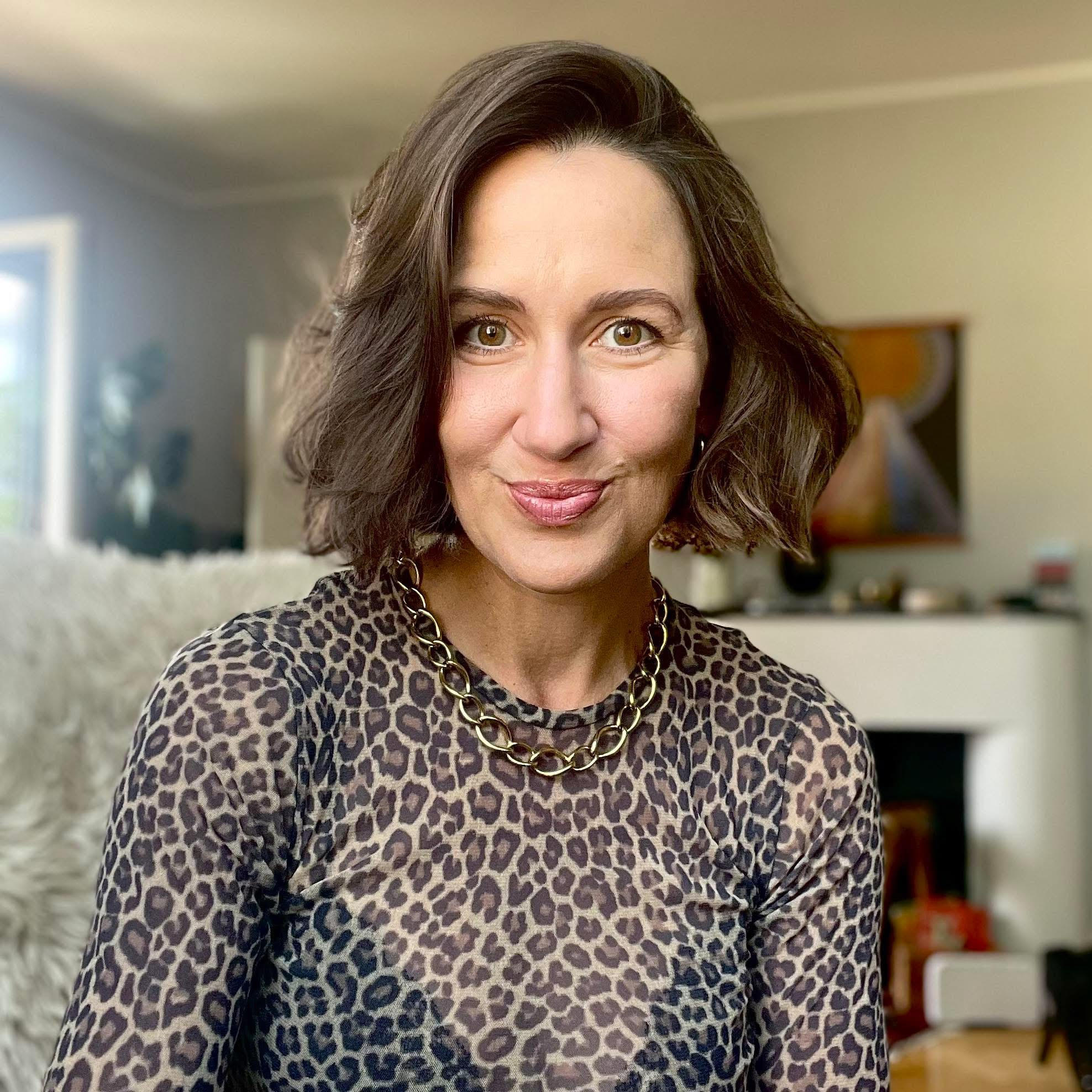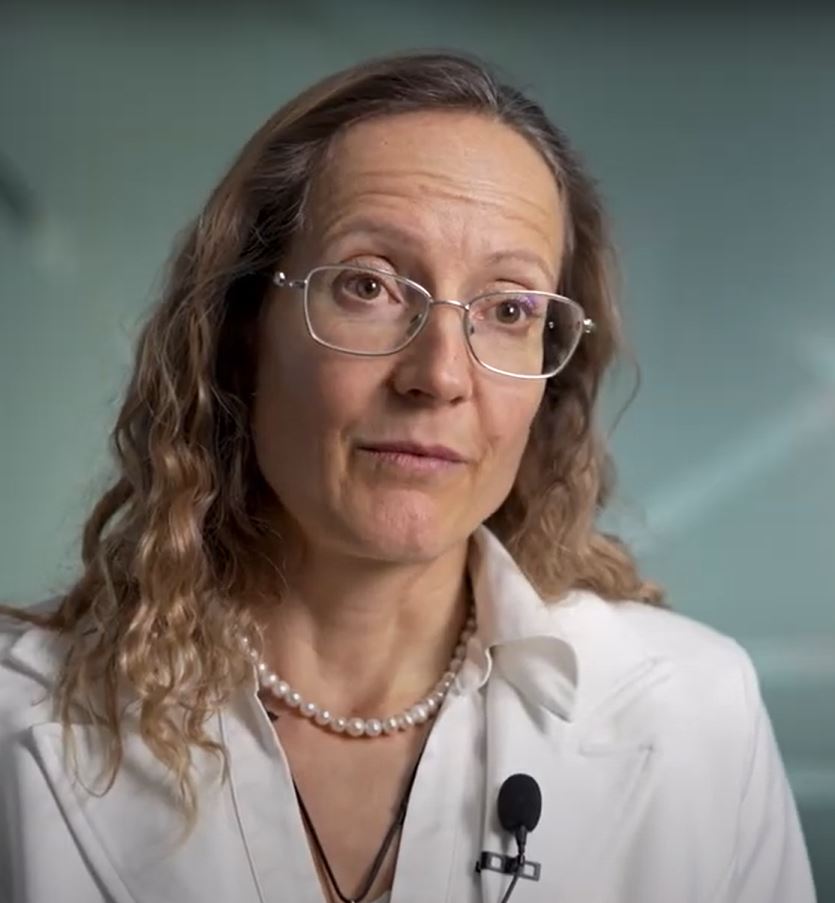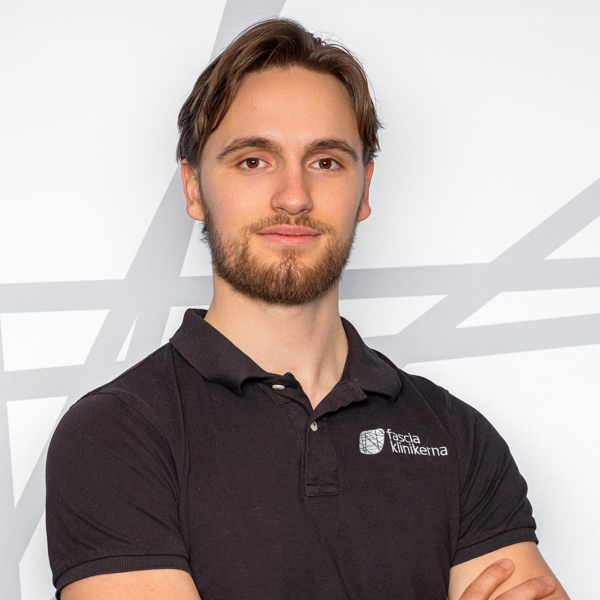Swedish Fascia Convention June 14-15
Program

With his latest book Notes on Complexity (2023) and his contribution to the 2024 study Towards a Comprehensive Definition of the Human Fascial System, which maps fascia as a system composed of four organs, Professor Neil Theise has a unique ability to make highly complex topics understandable and accessible.
Audiences often describe his lectures as inspiring and eye-opening — and you usually leave with at least one life-changing insight.

There’s a reason why Jean-Claude Guimberteau’s presentations at fascia conferences over the years are often seen as highlights. A plastic and hand surgeon, he has spent four decades studying the workings of the human body. He is known for his pioneering work on the fascial system and for using intratissular endoscopy to reveal the architecture and spatial organization of living tissue.
Through his videos and imagery, he shows the living body in a way that transforms the viewer’s perspective — and something fundamental shifts in the way we see ourselves.

An opportunity to experience fascia treatment

Fascia represents an entirely new way of seeing and understanding the human body — and it’s not easy to explain in a way that people truly grasp. Sue Adstrum, PhD, has made this her hallmark. In her book The Living Wetsuit, she explains complex anatomy and physiology in a clear and accessible way that anyone can understand.

Imagine walking into a library filled with the works of history’s most influential philosophers and thinkers — and being able to ask them exactly what they meant, and how it all relates to you and your life.
Per Johansson, a scholar in human ecology and the history of ideas, is well placed to guide such reflections. He has spent most of his life exploring what we think, how we think, and how our thoughts shape the world around us.
In this session, he’ll take you on a thought-provoking journey into how inherited ideas influence what we’re even capable of imagining about the future.

What if water isn’t just the backdrop for life — but the key to understanding it? Biochemist and professor Gerald Pollack has spent decades studying water in living systems, leading to the discovery of a fourth phase: structured, negatively charged, and essential to how the body works.
At the convention, he’ll explore how this “EZ water” may hold answers to everything from energy flow to cellular communication — and why rethinking water might change how we understand life itself.

What if all chronic illness could be traced back to one core process in the body — the loss of electrons? According to cardiologist and researcher Dr. Thomas Levy, all disease is a result of oxidative stress — and the key to reversing it lies in restoring the body’s natural electron flow.
In this session, he explains why vitamin C is the body’s most essential molecule for healing, how stress disrupts cellular function, and what it means to reactivate the body’s ability to produce its own vitamin C. Expect a powerful new perspective on energy, inflammation, and long-term health.

An opportunity to experience fascia treatment

After a day filled with groundbreaking research and new perspectives, we take a collective breath.
In this closing session, the founders of Fasciaguiden – Axel, Hans and Ivar – reflect on what we’ve heard, what it means, and where we go from here.
It’s about more than fascia. It’s about belief in change, in healing, in the body’s intelligence.
It’s about why we do this.
With honesty, heart and hope, we connect the dots and ground the experience in something deeper:
Love. Possibility. Action. And the courage to keep going.

Why is groundbreaking research being ignored? This debate dives into the political and systemic forces that resist change – and what it means for health, science, and society.

An opportunity to experience fascia treatment

Too often, groundbreaking research is ignored in favor of outdated systems. This conversation explores what becomes possible when we stop resisting innovation – and start acting on what science already knows.

Filippa Odevall
Jenny Koos
Leena Källquist
Sven Román
Ia Bergsten
Fabian Bolin
Mareike Claussen
While systems stall and science is silenced, some people just get to work.
This segment brings together pioneers and practitioners who have dared to challenge the status quo – and helped thousands in the process.
From doctors questioning outdated paradigms to coaches, breathworkers, and movement specialists who empower healing through practice, these are the voices of real change.
Each speaker shares their personal journey and invites the audience into a deeper reflection: What becomes possible when we stop waiting – and start doing?

An opportunity to experience fascia treatment

This is not the end. It’s the beginning.
As the final session of the conference, this conversation looks forward:
– How do we take what happened here and turn it into lasting impact?
– How do we stay connected, deepen the collaborations, and keep the fire burning?
– How do we grow a living network that continues to shake systems, spread knowledge, and empower healing across borders?
We’ll explore tangible next steps – from community building to research initiatives, from storytelling to shared strategy. This is the start of a new era in health, and you are part of it.
Please note that the program is subject to change.


